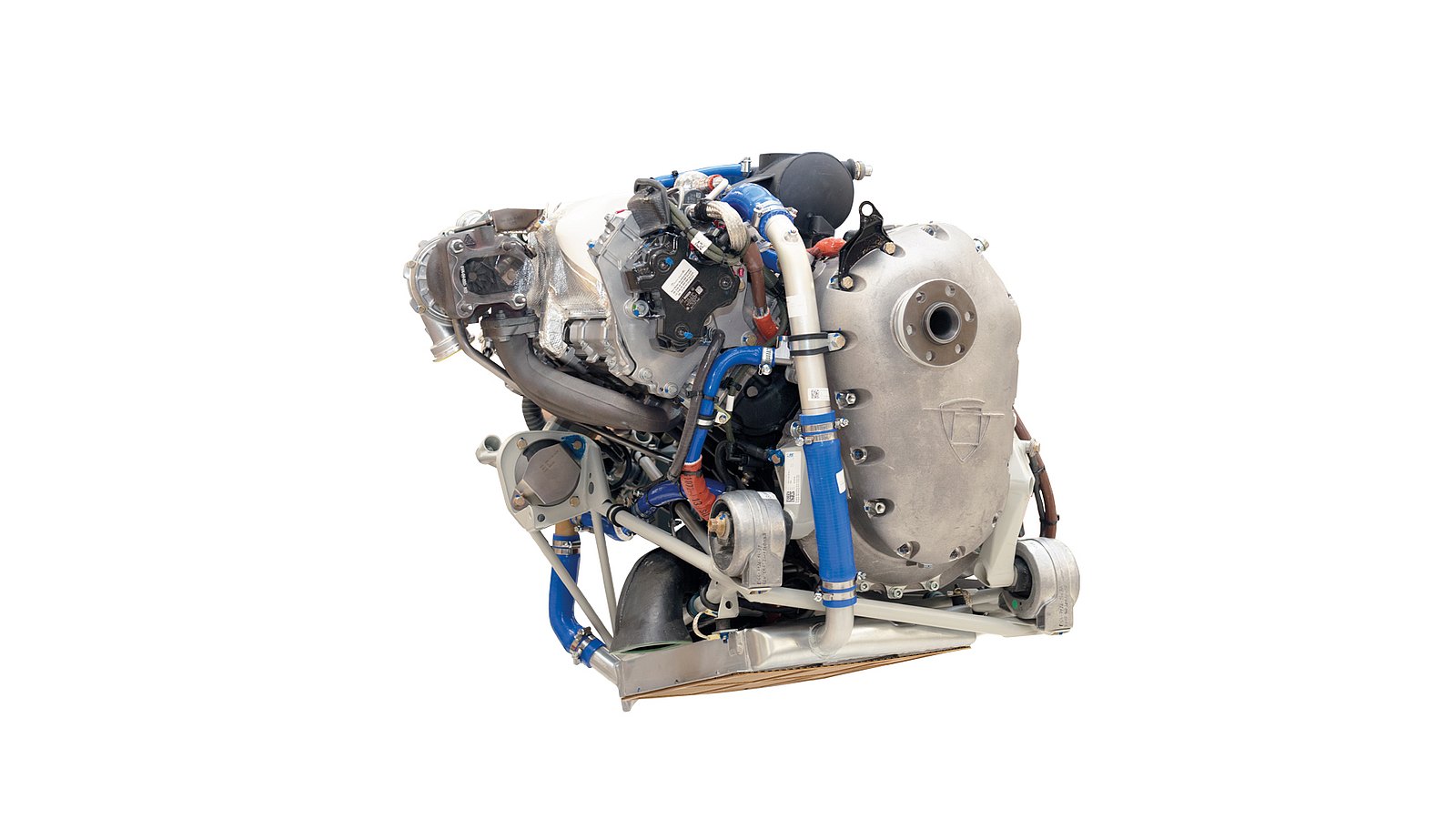A Full Overview to Choosing the Right Engine for Your Task
Selecting the proper engine for your task is an essential decision that can substantially influence its overall success. It is important to carefully specify your task needs, assess efficiency needs, and consider user-friendliness together with various other important elements. In addition, comprehending the area support offered and inspecting price effects can further refine your option. Each of these aspects plays an essential duty in ensuring that your selected engine not just fulfills prompt purposes but also aligns with long-lasting ambitions. As we check out these factors to consider, you might locate that the subtleties of each facet reveal greater than initially expected.
Define Your Task Requirements
Defining your project requires is a crucial action in choosing the suitable engine for effective application. A thorough understanding of your project's purposes will lead you in determining the attributes and abilities called for from an engine. Begin by detailing the scope of your job, including the preferred functionality, target market, and the specific results you intend to achieve.
Following, consider the technological requirements that line up with your task goals. This consists of assessing the compatibility of the engine with existing systems, along with the shows languages and frameworks that will certainly be utilized. Furthermore, assess the degree of scalability called for to accommodate future development or adjustments sought after.
Budget restraints also play a crucial role in specifying your task needs. Develop a clear financial framework to lead your decision-making process, making sure that the engine picked fits within your spending plan while offering the required functionality.
Evaluate Performance Demands

Next, take into consideration the scalability of the engine. Assess whether it can handle enhanced workloads as your project expands. Engines that support straight scaling are often more suitable for larger applications. In addition, examine the engine's performance under various conditions, such as peak use scenarios, to ensure it fulfills your reliability standards.
Think About Simplicity of Use
While technical specifications are essential, the ease of usage of an engine can dramatically influence the growth process and overall project success. An intuitive user interface, clear documents, and structured operations can significantly minimize the discovering contour for programmers, allowing them to concentrate on creativity and problem-solving instead of facing complicated tools.
When reviewing an engine's simplicity of usage, think about the onboarding experience. A well-structured introduction, complete with tutorials and sample jobs, can facilitate a smoother change for new customers. Furthermore, the quality and comprehensiveness of the engine's paperwork play a vital duty; detailed overviews and API recommendations can encourage developers to repair and execute attributes efficiently.
An additional aspect to find think about is the engine's customization abilities. An engine that allows for simple alterations can be much more straightforward, as developers can tailor it to fit their specific demands without comprehensive hassle. Last but not least, evaluate the process integration with devices and platforms you currently utilize. A cohesive community can boost performance and minimize friction throughout the development procedure. Eventually, selecting an engine that focuses on ease of use can result in a much more satisfying and effective growth experience.
Assess Area and Assistance
The toughness of an engine's neighborhood and support network can significantly influence a Full Report developer's experience and success. A vibrant area usually indicates a wealth of common expertise, sources, and repairing aid that can improve your job's advancement procedure. When assessing an engine, consider the dimension and task degree of its community. Bigger areas normally use a lot more online forums, tutorials, and third-party plugins, allowing developers to locate remedies a lot more efficiently.
Furthermore, examine the schedule of main assistance channels. Trusted paperwork, responsive customer support, and routine updates are vital for resolving technical concerns and keeping your job on track. Engines For Africa. Energetic areas likewise cultivate collaboration, supplying opportunities for networking and comments, which can be invaluable, especially for independent developers or little groups
Additionally, check out the visibility of community-run events, such as hackathons or meetups. These gatherings can enrich your understanding of the engine while linking you with seasoned users and prospective partners. In summary, a robust neighborhood and assistance system not only simplify advancement yet likewise produce a setting for finding out and development, eventually improving the probability of your task's success.
Contrast Price and Licensing Alternatives
Budget plan considerations play a vital role in selecting the ideal engine for your project, as the price and licensing choices can substantially affect both short-term expenditures and long-term practicality. Engines For Africa. Different engines provide varying pricing structures, which can include one-time acquisition costs, registration versions, or revenue-sharing arrangements based upon your job's incomes

Licensing choices additionally vary considerably. Some engines are open-source, offering flexibility and community-driven assistance, while others might need proprietary licenses that restrict use and distribution. Understanding the implications of each licensing version is essential, as it impacts ownership civil liberties, future scalability, and possible legal commitments.
Final Thought
In final thought, choosing the appropriate dig this engine for a task requires an extensive assessment of defined task needs, efficiency demands, ease of usage, neighborhood support, and cost factors to consider. By methodically dealing with these vital factors, decision-makers can make certain positioning with both future and existing project needs. A well-informed selection ultimately improves the likelihood of job success, enabling reliable resource allowance and optimizing potential results within the defined budgetary restraints.
Picking the appropriate engine for your job is a vital choice that can considerably influence its general success.Specifying your project needs is a crucial step in picking the appropriate engine for successful execution. A comprehensive understanding of your job's purposes will certainly direct you in recognizing the abilities and attributes called for from an engine.Once you have a clear understanding of your project needs, the next action is to review the performance requirements of the engine.In final thought, choosing the proper engine for a task necessitates an extensive analysis of specified task needs, performance requirements, ease of use, neighborhood support, and expense factors to consider.